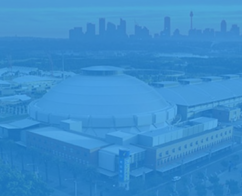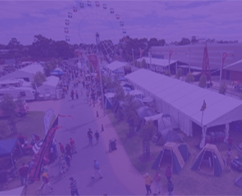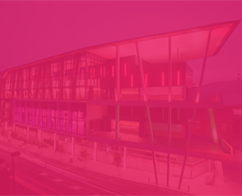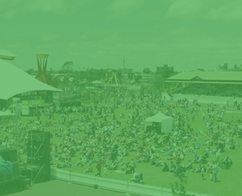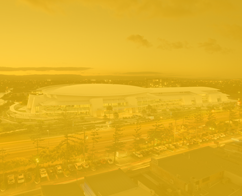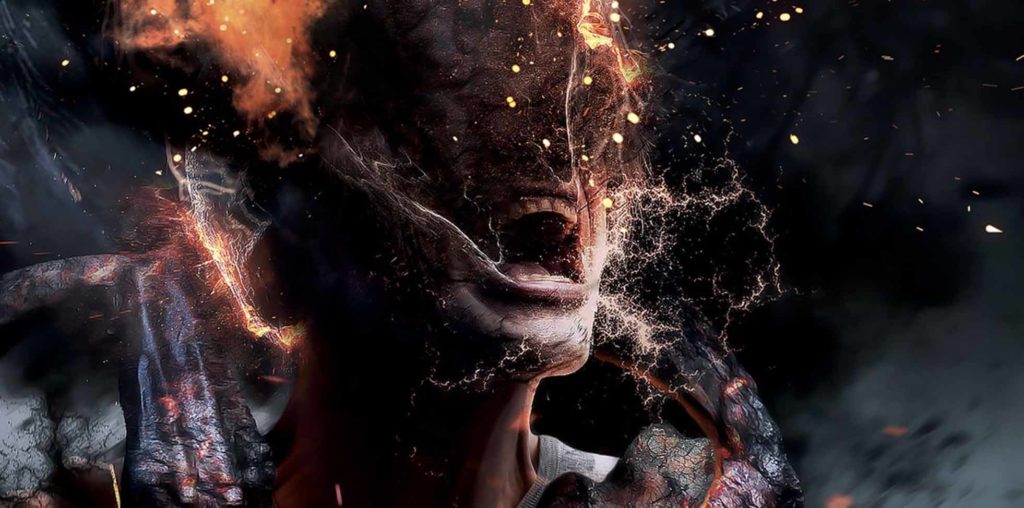
Sydney
June 22-23, 2024
Sydney Showground Olympic Park



Speculative fiction (sci-fi, fantasy, horror, steampunk and more) make up the stories that just a few years ago were considered the strange, eccentric offshoots of the genre family.
In the last few years though, something has changed; Australian authors, particularly those of the spec fic genres, are enjoying more success than ever before. Sales, diversity, and new avenues to a long-term and full-time career have all contributed to an amazingly strong showcase of talent.
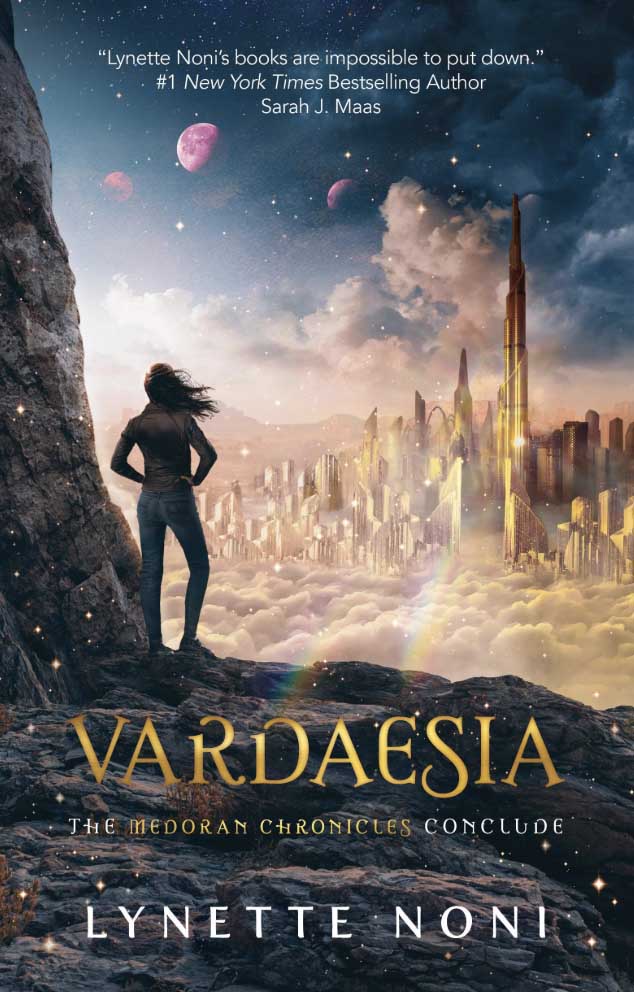 Just at Supanova Melbourne and Gold Coast alone, the predominantly homegrown line-up shows a plethora of Australian talent. From Melbourne (British born) author Alan Baxter to the success of the Sunshine Coast’s Lynette Noni on the Young Adult front, Australian spec fic authors are making the most of the genres’ growing popularity.
Just at Supanova Melbourne and Gold Coast alone, the predominantly homegrown line-up shows a plethora of Australian talent. From Melbourne (British born) author Alan Baxter to the success of the Sunshine Coast’s Lynette Noni on the Young Adult front, Australian spec fic authors are making the most of the genres’ growing popularity.
But about a decade ago, book sales were on the decline. Between the economic crisis reducing the household expenditure on entertainment, and the closure of chains such as Borders, Brick and Mortar, and Angus and Robertson stores, there were some legitimate concerns.
Speculative fiction genres had never been the most popular (at least not in pure sales figures), so any reductions across the industry put some serious strain on authors. Then, just to pile on the fun, a number of political situations resulted in recommendations to change publishing laws in a way that would have taken a huge chunk of what little money authors were making at the time.
Thankfully these changes never came to be, and in the past few years the industry has changed for the better. E-books have made publishing more accessible, and social media has revolutionised interaction between authors and fans, enabling indie authors to compete with (and regularly be more successful than) traditional publishing. Independent sellers are on the rise too, and that success has translated to hardcopy books as well.
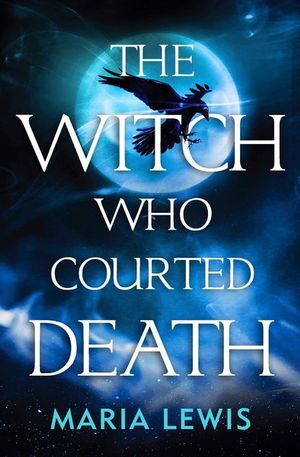 The results? All in favour of the readers. Diversity has been an issue for the publishing industry for a long time, but books like Maria Lewis’s The Witch Who Courted Death do their part to change that. As a book, it might have been considered too risky to publish a few years back, but the sheer number of minorities included in a respectful and appropriate manner fitting naturally into an action-packed, revenge-fuelled plot show that readers crave this kind of variety.
The results? All in favour of the readers. Diversity has been an issue for the publishing industry for a long time, but books like Maria Lewis’s The Witch Who Courted Death do their part to change that. As a book, it might have been considered too risky to publish a few years back, but the sheer number of minorities included in a respectful and appropriate manner fitting naturally into an action-packed, revenge-fuelled plot show that readers crave this kind of variety.
Noni’s Medoran Chronicles series delivers a distinctly different female protagonist, as well as insuring that the YA market (one notably difficult to make a living off) is well represented.
More seasoned writers are returning to the spotlight as well. Baxter’s 2018 publications, Hidden City and Devouring Dark, could almost make a new genre themselves as a kind of grimdark noir. Garth Nix of Old Kingdom fame is venturing into new territory with the announcement of his first adult novels, the high fantasy Angel Mage and the ‘80s-set The Left-Handed Booksellers of London.
While Nix is trying something new, Isobelle Carmody’s The Gathering series is getting made into a six-part TV series, over 25 years after it was first released!
The sci-fi space (no pun intended) is full of success too, some of the best examples being the joint efforts of Jay Kristoff and Amie Kaufmann. Teaming up for success with the Illuminae Files, the two Australian authors aim to continue with the upcoming Aurora Rising kicking off The Aurora Cycle series.
With all these successes in the past few years, it’s easy to see that speculative fiction is in a good place, but the best part is that it’s still on the rise. It’s an exciting time for Australian speculative fiction writers, and that can only be good news for fans and the quality stories being delivered.
Lead image: Alan Baxter’s Devouring Dark.
